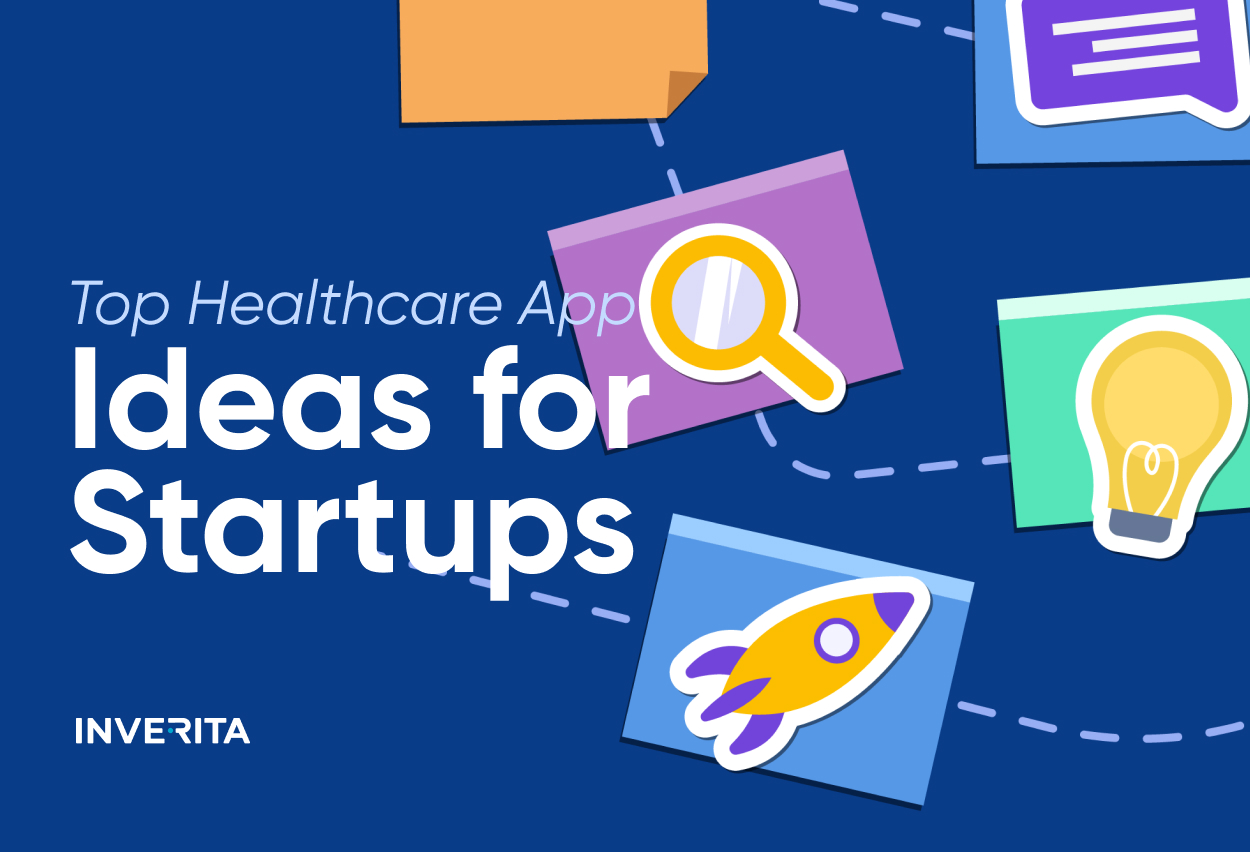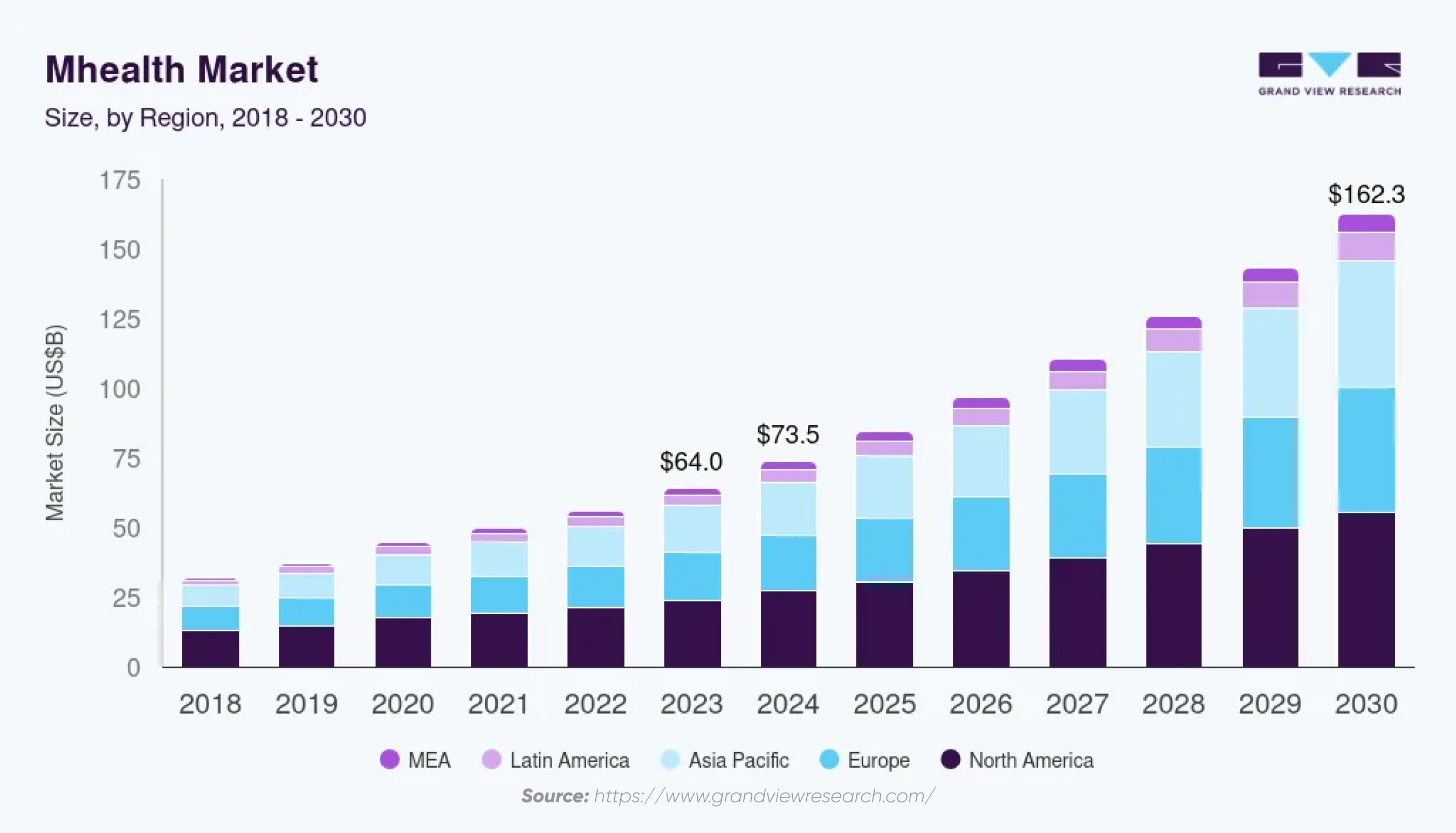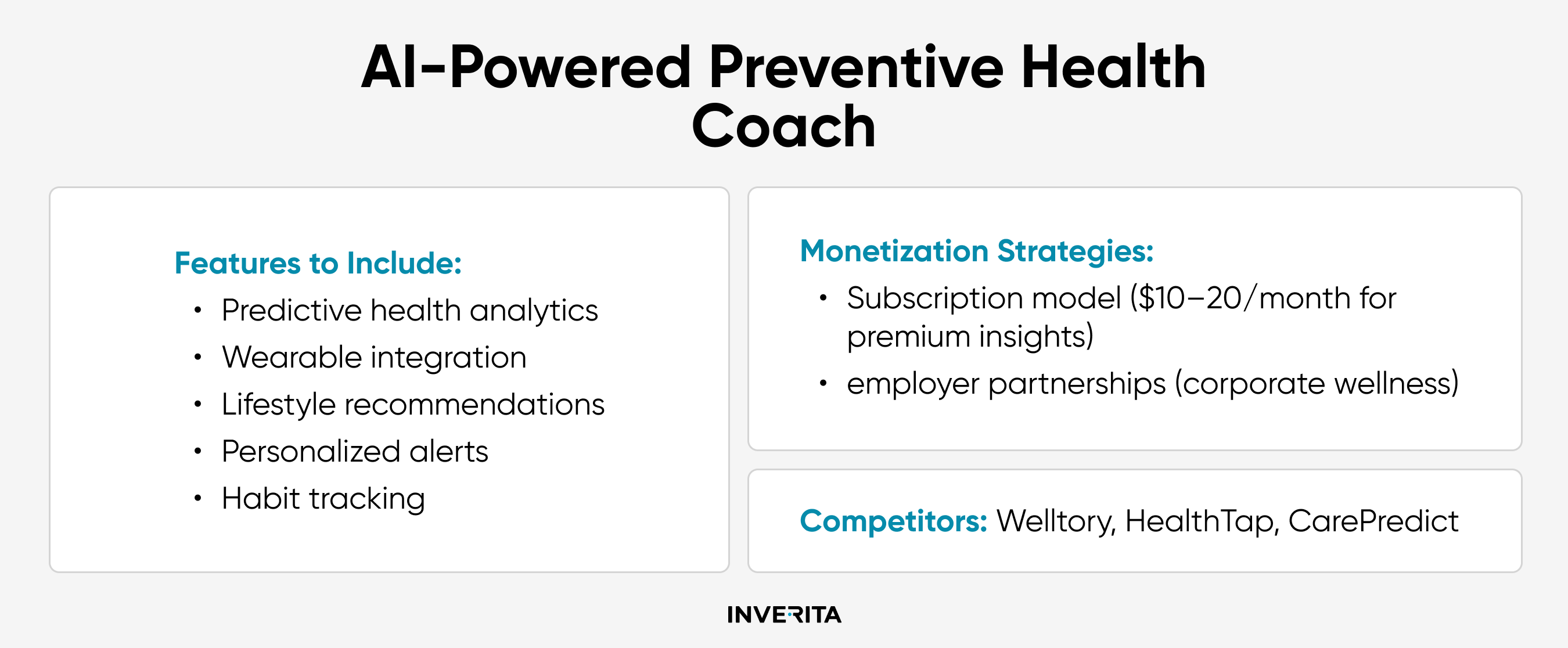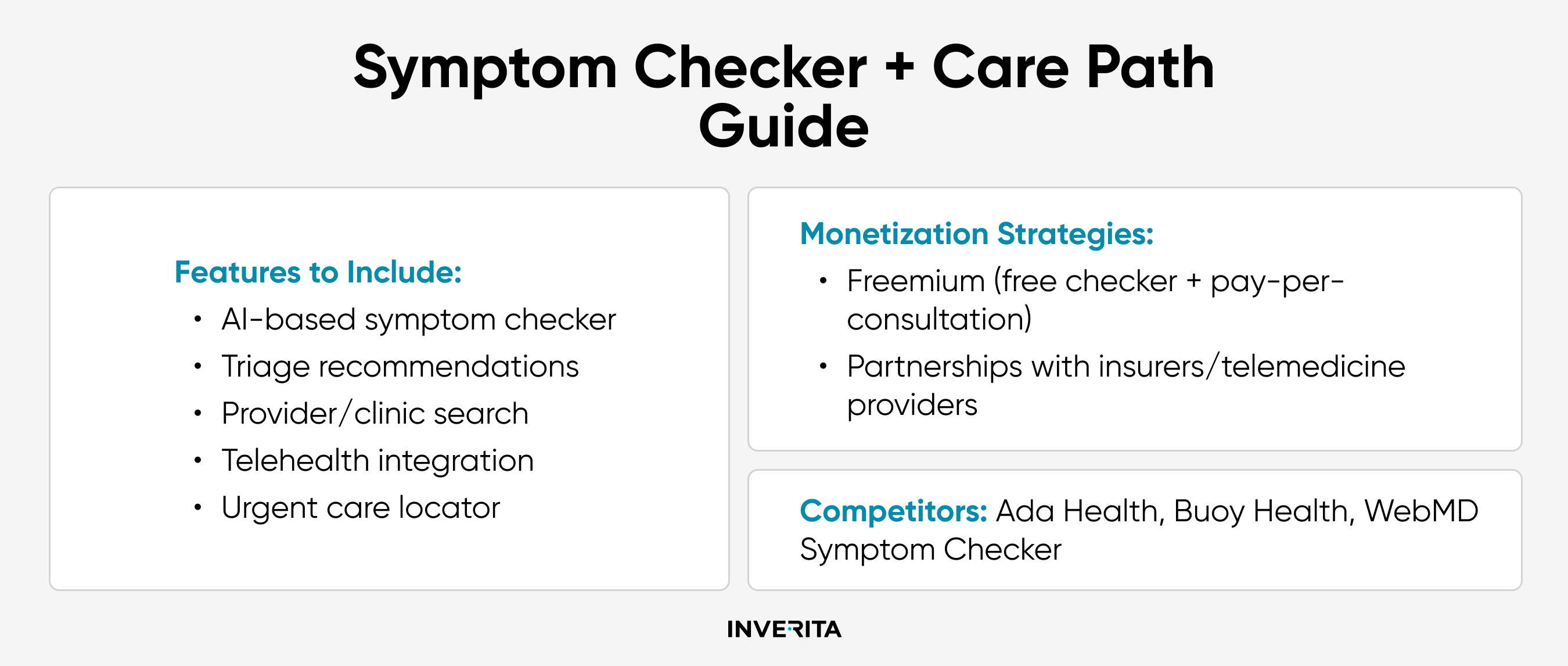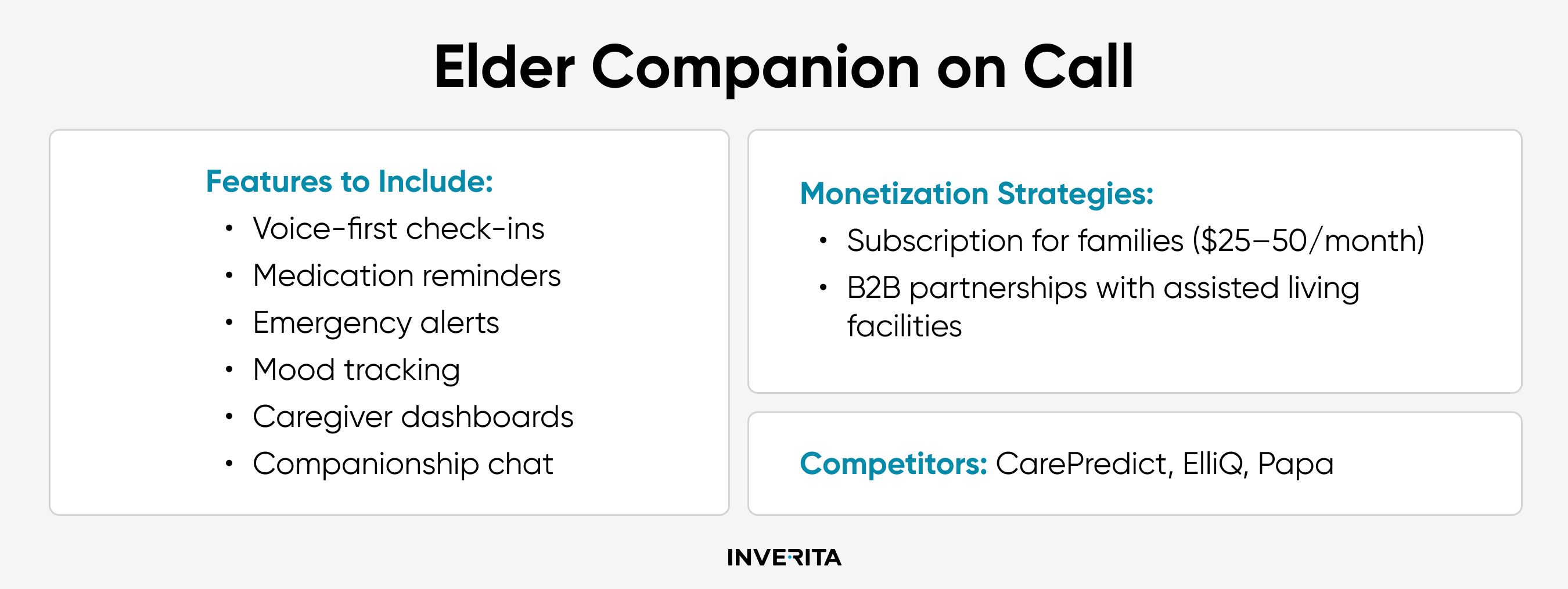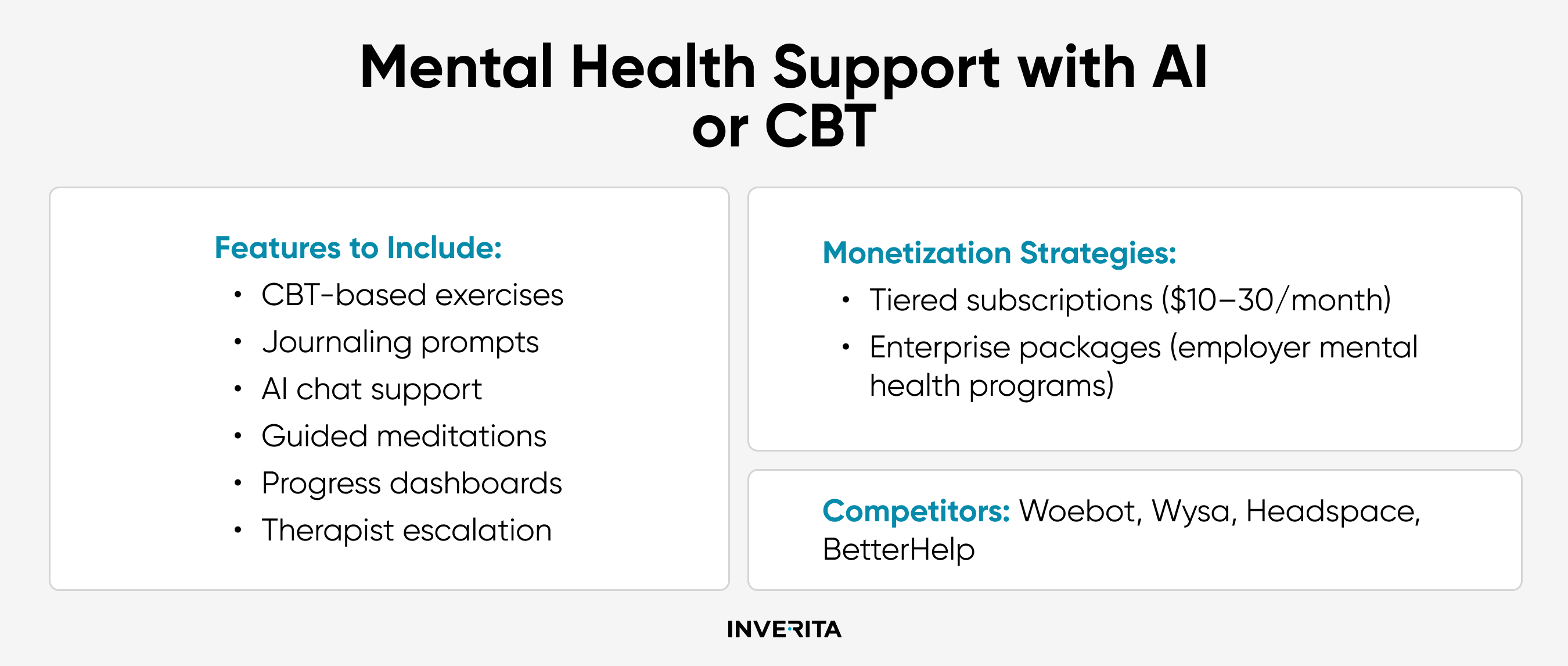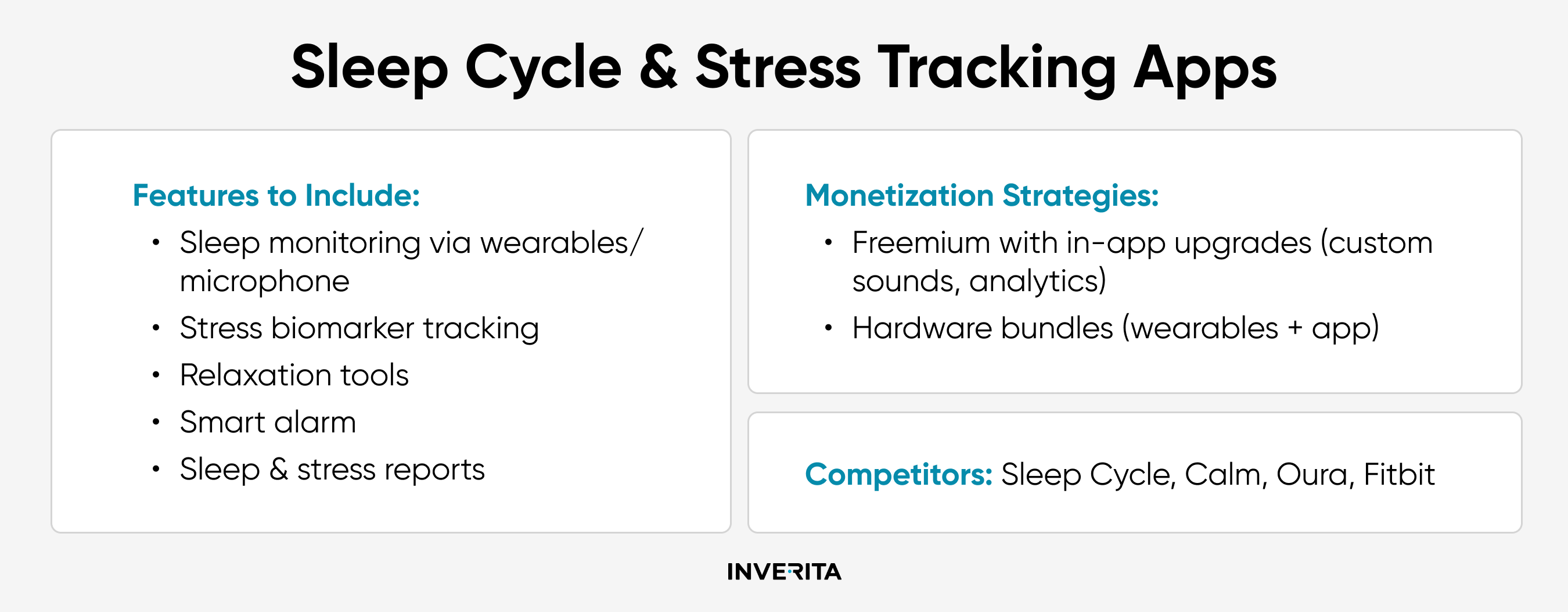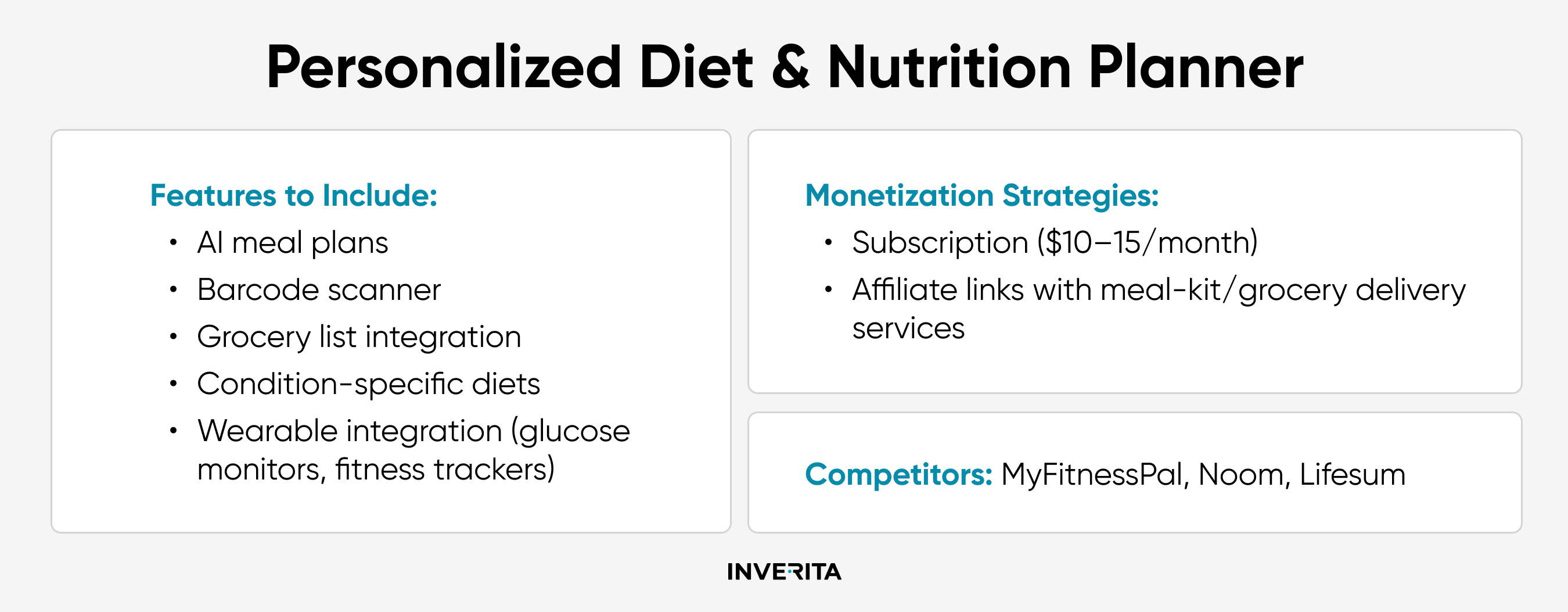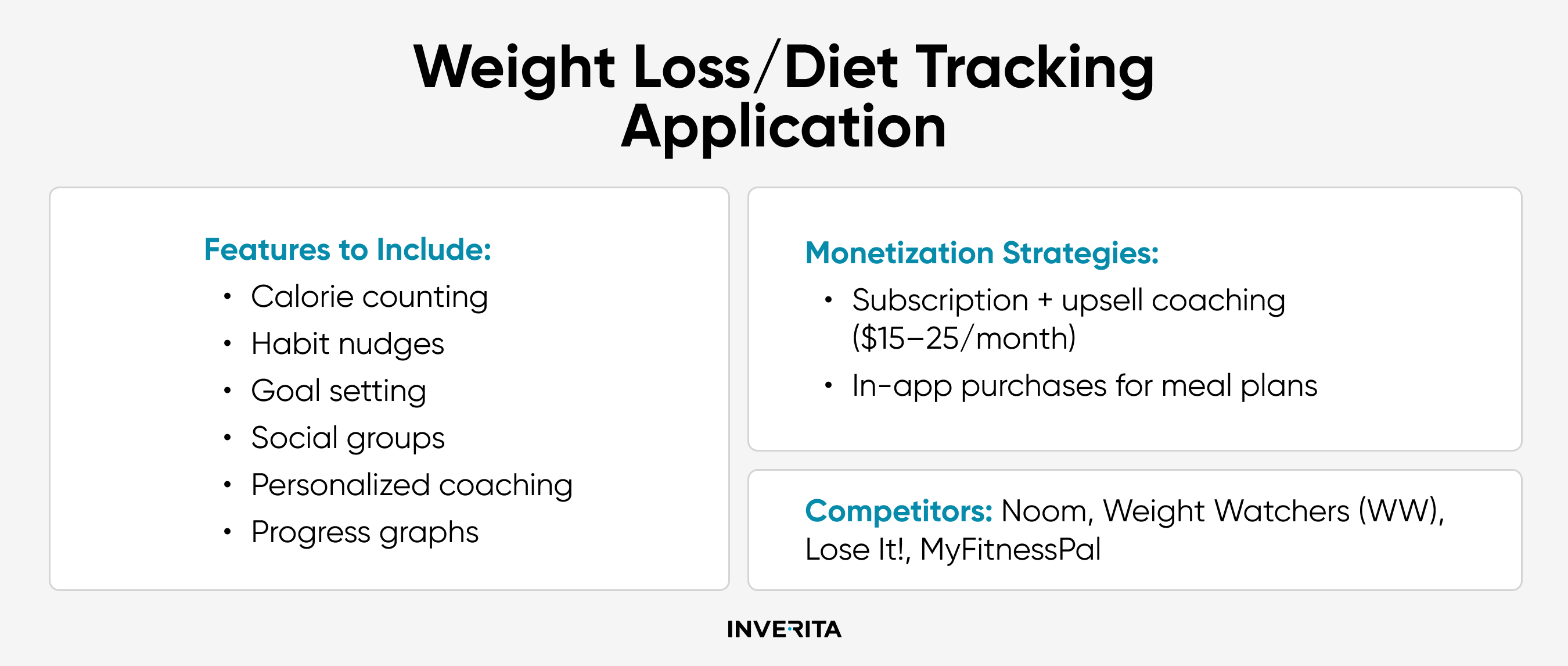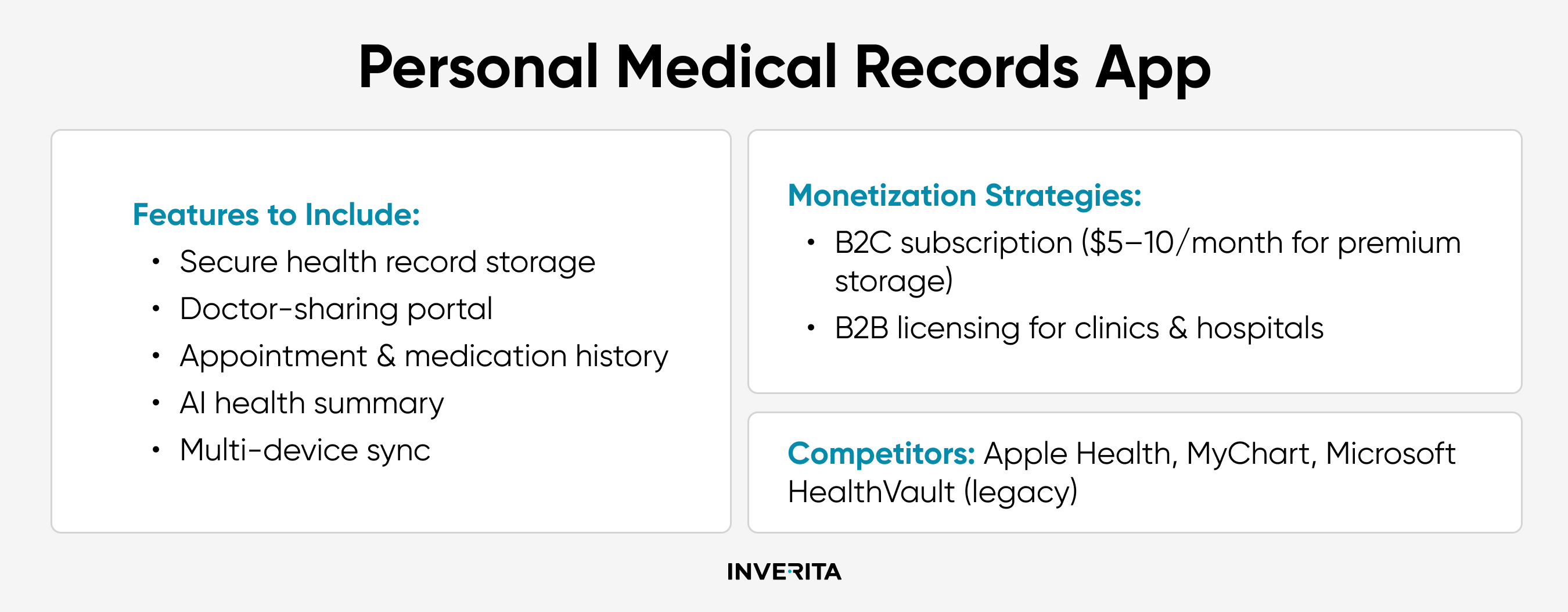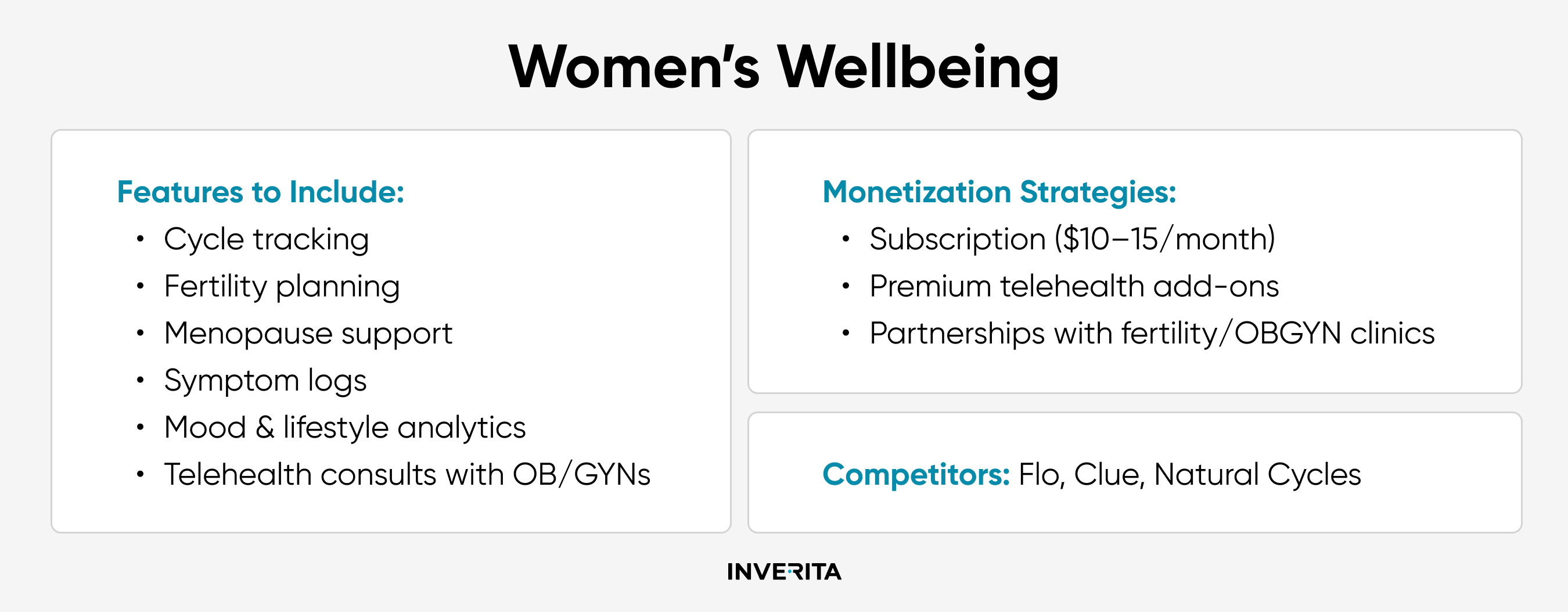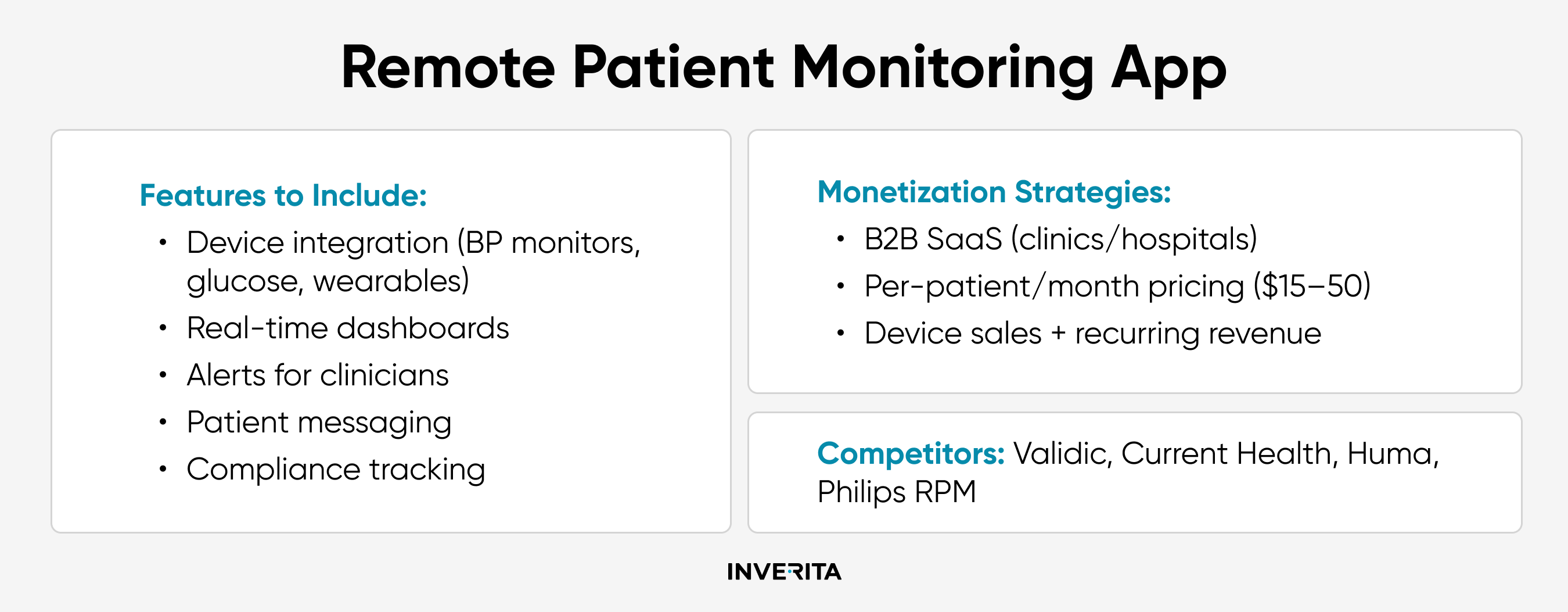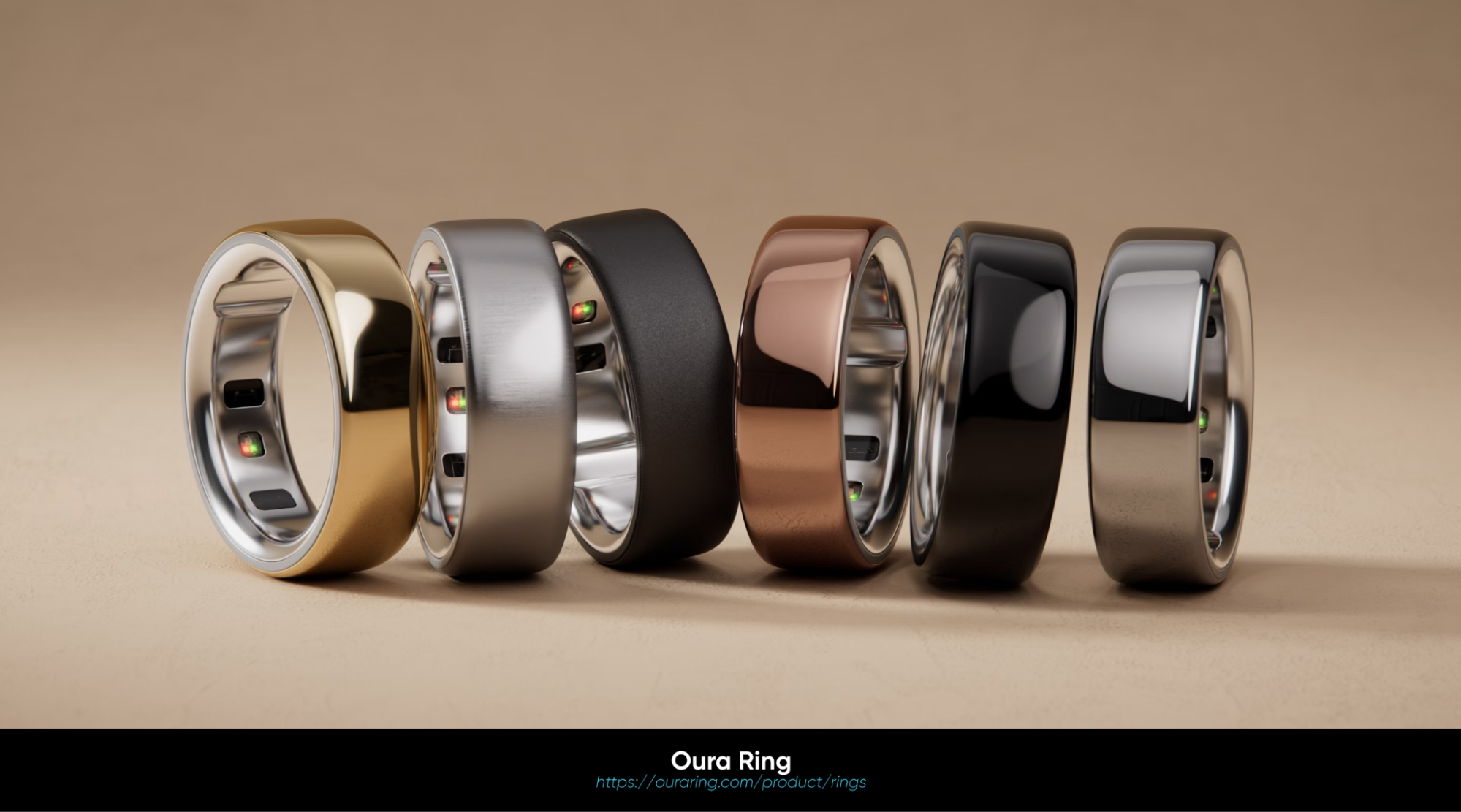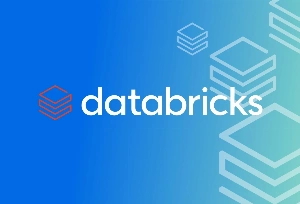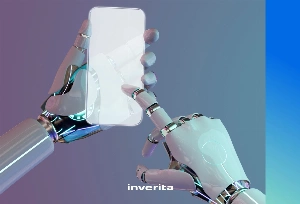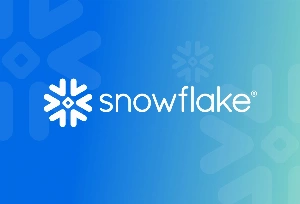Let’s start with the obvious: it’s no longer a cliché to say that health is the new wealth.
People everywhere are becoming more intentional about how they eat, how much they move, how well they sleep, and how often they go for check-ups. Wellness has shifted from being a trend to being a daily priority, and technology is at the center of that shift.
But while demand for healthier lifestyles is growing, access to even basic healthcare remains constrained in many countries.
Solely in the US, approximately 75 million Americans live in primary care health professional shortage areas, and 122 million reside in mental health HPSAs.
That means there’s no shortage of medical app ideas for startups, whether it’s AI-powered preventive coaching, remote patient monitoring, or personalized medical records.
For entrepreneurs and healthcare business decision makers, the message is clear: healthcare apps aren’t just about improving patient lives, they’re also one of the strongest opportunities to build scalable, sustainable businesses in the coming decade.
Are you thinking about stepping into the large and promising market? As a healthcare software development company, we’ve some great ideas for medical apps that need to be invented.
Why Start a Healthcare App in 2026?
As of June 2024, approximately 75 million Americans live in primary care health professional shortage areas, and 122 million reside in mental health HPSAs. That reflects a healthcare system spread thin, especially in underserved and rural regions.
More than 65% of primary care shortages are found in rural areas, despite only about 9% of US physicians practicing there.
Meanwhile, delays are the norm, not the exception. In major US cities, new patient appointments for primary care can take nearly a month to schedule, and over 83 million Americans live in areas without sufficient access to a primary care physician.
Increasing Demand for Remote Care & Wellness Solutions
Traditional healthcare struggles with long wait times, limited access in rural areas, and high costs. Remote solutions such as telemedicine, remote patient monitoring, and digital wellness apps chip away at all of those barriers at once.
And the shift is already happening in daily life. People track their sleep with smart rings, count steps on their watches, monitor glucose levels with patches, and manage stress with guided meditation apps.
For sure, these tools don’t replace doctors, but they reshape the baseline of what patients expect from care: immediacy, personalization, and control.
In that sense, remote healthcare isn’t just an alternative, it’s becoming the default entry point into modern medicine, therefore, we witness a great demand for healthcare mobile app ideas.

